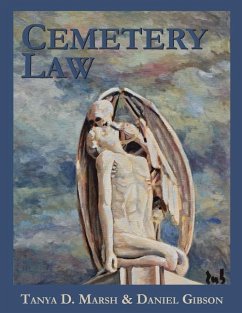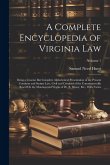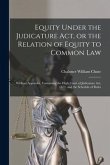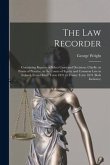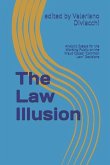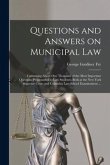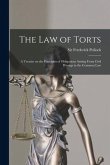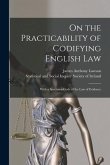Concerns about the cost and environmental consequences of the "traditional" American model of burial-embalming, casket, vault, single perpetual grave-are prompting the first significant challenges to American disposition practices since the Civil War. Burial itself is even being challenged-the popularity of cremation has exploded in recent decades and it will soon become the dominant practice. Americans eager to innovate in deathcare find that the law-still heavily rooted in 17th century English, Protestant practices and beliefs-is ill-equipped to adapt. Cemetery law in the United States has changed little in the past 200 years, but the challenges to our disposition practices are so widespread and significant that it will soon have no choice. It is unimaginable that we will start with a clean slate. Instead, the law will, as it always does in a common law system, slowly evolve from its current form. Before we can change the law, we must first understand it. This book is designed to help jumpstart that process by outlining the history, structure, and doctrines of the common law of burying grounds in the United States.
Bitte wählen Sie Ihr Anliegen aus.
Rechnungen
Retourenschein anfordern
Bestellstatus
Storno

